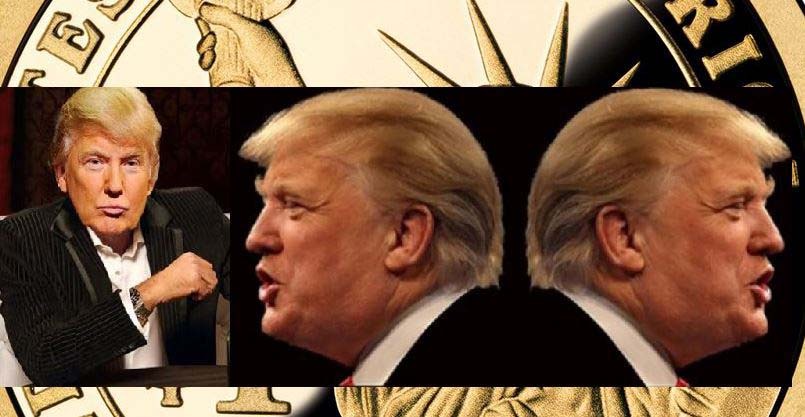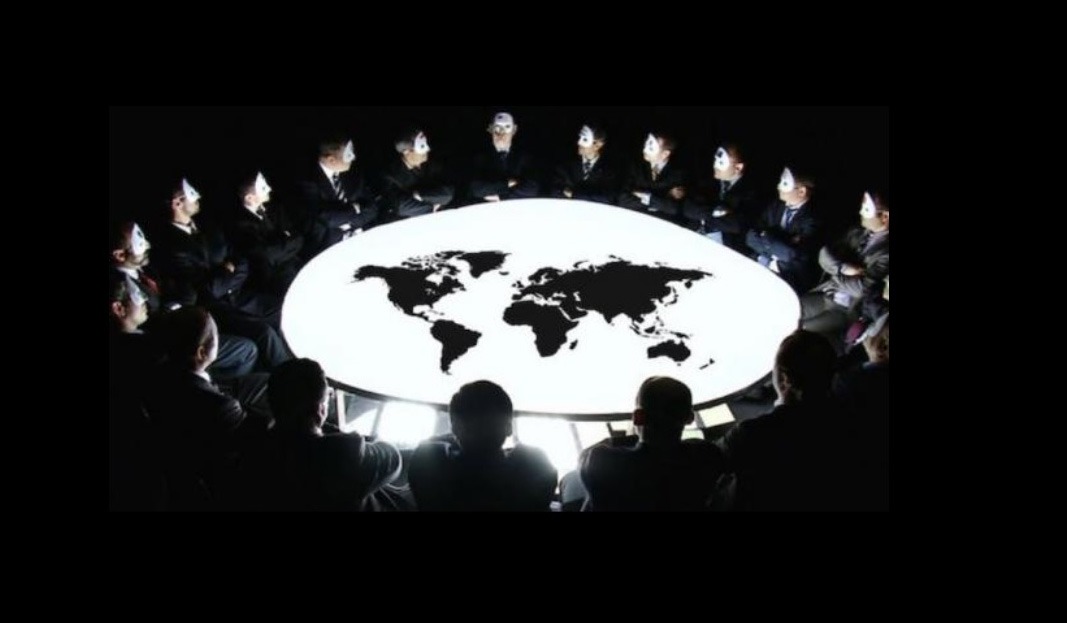By Doug “Uncola” Lynn via TheBurningPlatform.com
Presidential elections are planned distractions
To divert attention from the action behind the scenes
Like a game of chess when the house is a mess
Or a petty money squabble when your marriage is in trouble
Or a football game when there’s rioting in the streets
It’s just another movie, another song and dance
Another poor sucker who never had a chance
– Timbuk3. “Just Another Movie”, Greetings From Timbuk3 (1986), Mamdadaddi Music/I.R.S. Music, Inc. admin. by Atlantic Music
Before the big game there’s a coin toss and by the luck of the draw, decisions are made even before the teams take the field. It is the same for politics with, perhaps, the exception of luck having anything to do with the outcomes. Regardless, the games play on our screens and we passively watch; anxiously waiting to see what happens.
It’s an all-or-nothing blitz to score big and winners take all. In the interim, there are the commercial breaks revealing ads refined by the fires of focus groups and in boardrooms.
Edward Bernays, the influential pioneer of public relations and the nephew of iconic psychologist Sigmund Freud, wrote in his 1928 book “Propaganda” (page 37) regarding an “unseen mechanism of society” that constituted “an invisible government” that was, assuredly, “the true ruling power of our country”. Bernays added: “We are governed, our minds are molded, our tastes formed, our ideas suggested, largely by men we have never heard of.”
Continue reading “The Most Interesting Man in the World: Two Faces on the Same Coin”







